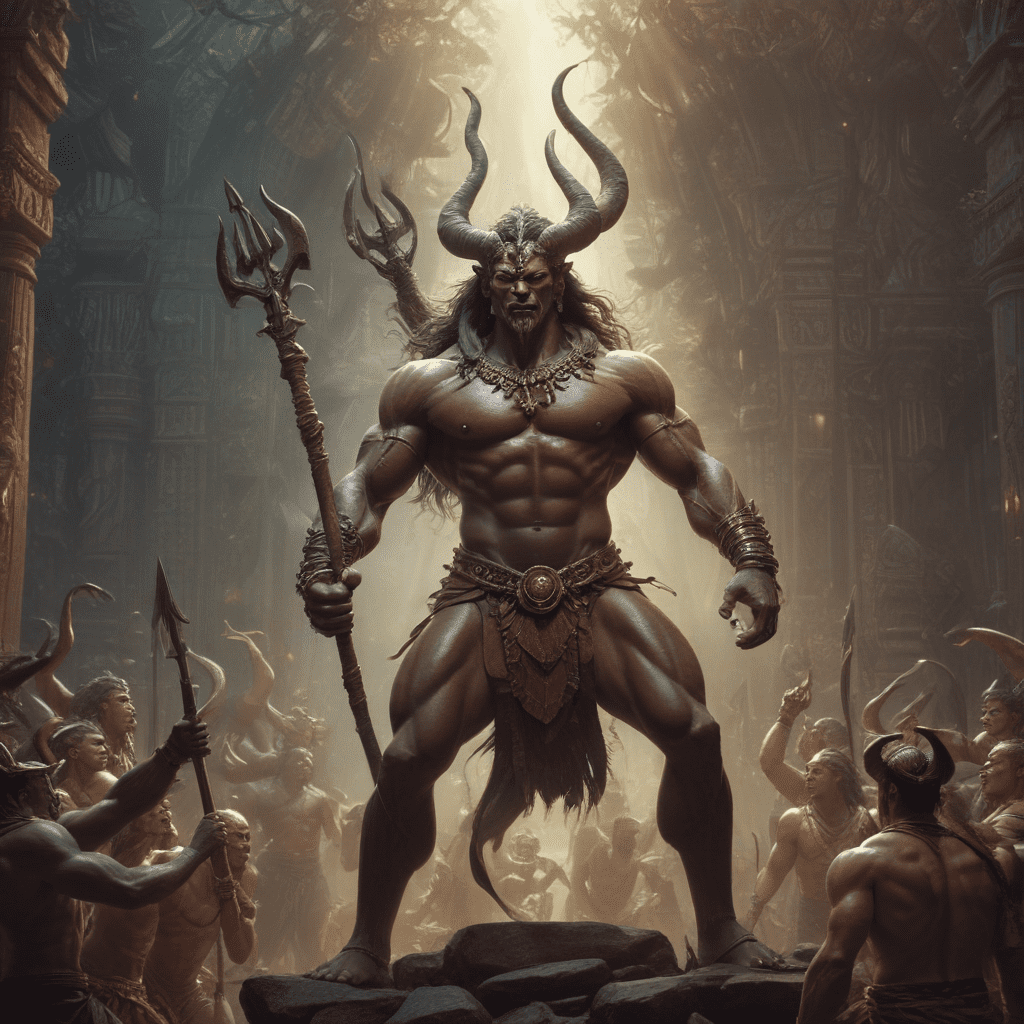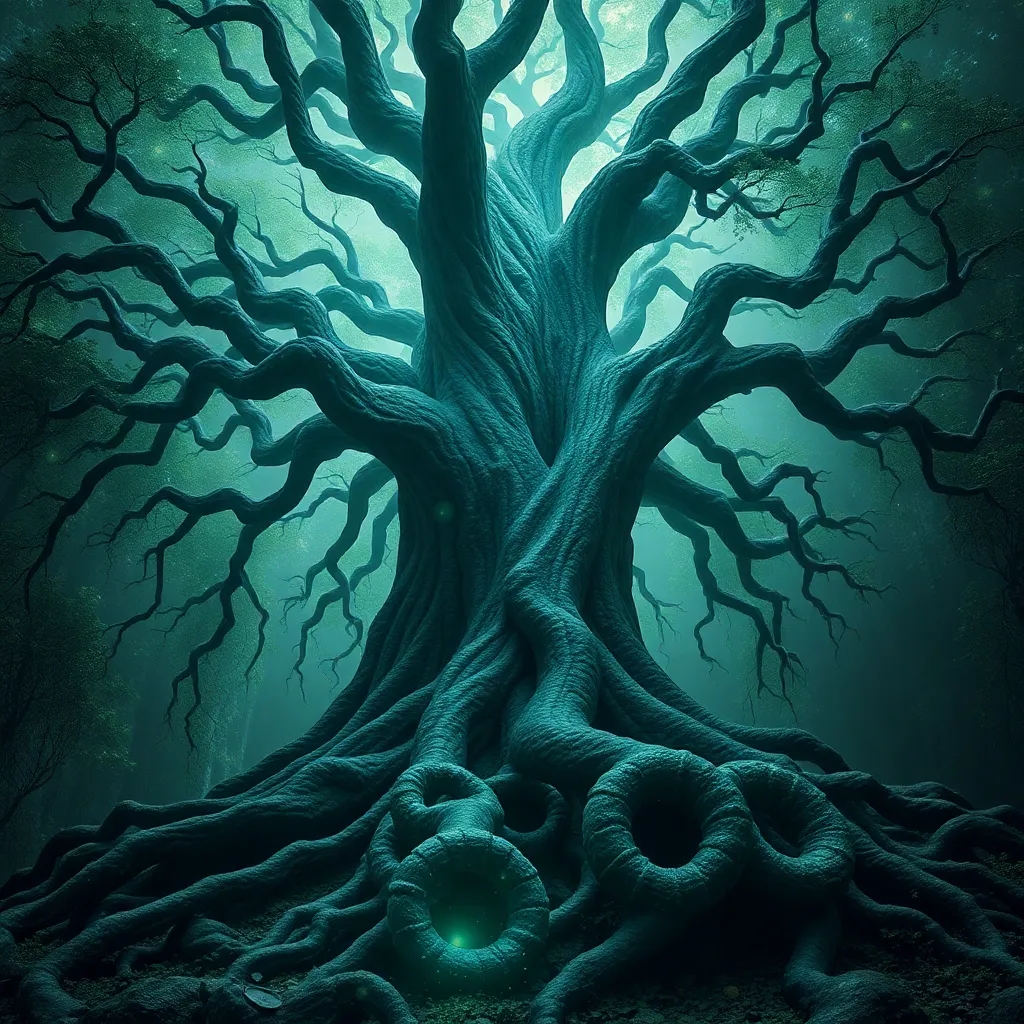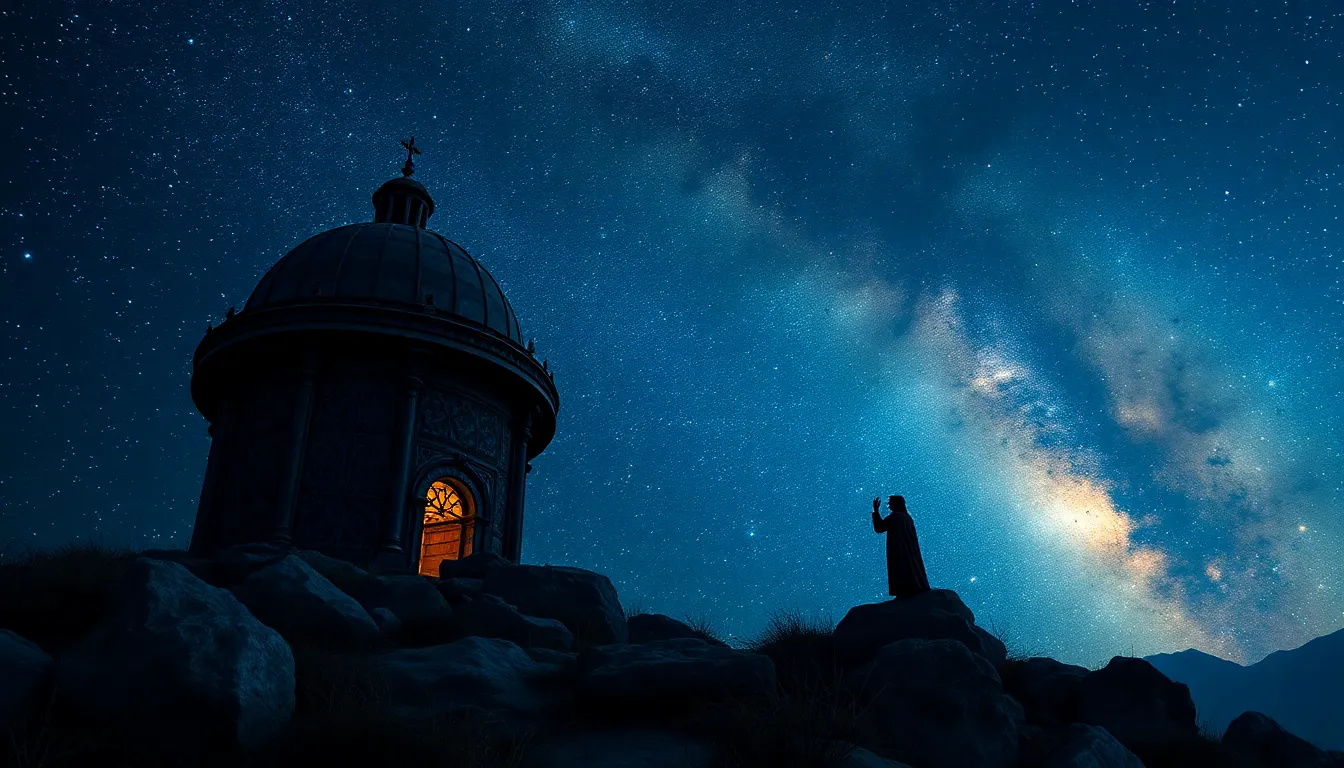The Role of Ancient Deities in Shaping Cultural Traditions
Introduction
Ancient deities have played a crucial role in shaping the cultural landscapes of various societies throughout history. These divine figures are not merely characters of mythology but are deeply intertwined with the identity, values, and practices of the cultures that revere them. The interconnection between religion, mythology, and cultural practices reflects the profound impact that these deities have had on human civilization.
Understanding Ancient Deities
In ancient societies, deities were defined as powerful supernatural beings that governed various aspects of life, nature, and the cosmos. Their characteristics often included:
- Personification of natural elements (e.g., gods of the sea, sky, and earth)
- Embodiment of abstract concepts (e.g., love, war, justice)
- Human-like traits, making them relatable to worshippers
While the specifics of deities vary significantly across cultures, some commonalities can be observed. For example:
- Greek Deities: Gods like Zeus, Hera, and Poseidon ruled over different domains and were involved in human affairs.
- Roman Deities: Many Roman gods were borrowed from Greek mythology but were adapted to fit Roman values and beliefs.
- Egyptian Deities: Gods such as Ra, Osiris, and Isis were central to the Egyptians’ understanding of life, death, and the afterlife.
- Mesopotamian Deities: Deities like Enlil and Inanna influenced agriculture, war, and governance.
Mythology as a Cultural Reflection
Myths serve as vital narratives that convey the moral and ethical values of a society. Ancient deities are often central figures in these myths, playing crucial roles in stories that explain the world and human experiences. They helped societies make sense of:
- Natural phenomena (e.g., storms, seasons)
- Human emotions and relationships (e.g., love, jealousy)
- Moral dilemmas and societal norms
Through these stories, ancient peoples conveyed lessons and cultural values, ensuring the continuity of their traditions across generations.
Rituals and Ceremonies: The Divine Connection
Rituals dedicated to ancient deities were integral to the cultural fabric of societies. These rituals served to honor the deities and seek their favor, often involving:
- Offerings and sacrifices
- Festivals and communal celebrations
- Prayers and invocations
Case studies of specific ceremonies include:
- Greek Dionysia: A festival honoring Dionysus, featuring dramatic performances and wine consumption.
- Roman Saturnalia: A week-long festival in December in honor of Saturn, which included feasting and role reversals.
- Egyptian Osiris Festivals: Celebrations of the death and resurrection of Osiris, emphasizing agricultural cycles.
Deities in Art and Literature
Ancient deities have been immortalized in various art forms, including sculpture, painting, and literature. These representations have served multiple functions:
- Expressing religious devotion
- Preserving cultural narratives
- Defining cultural identity and heritage
For example, the works of ancient Greek sculptors depicted gods in idealized forms, while epic poems like the “Iliad” and “Odyssey” illustrate the interactions between gods and mortals, shaping the cultural consciousness of their time.
Influence on Social Structures and Governance
Ancient deities often played a pivotal role in legitimizing rulers and political systems. The concept of divine kingship was prevalent, where rulers were considered chosen or favored by the gods. Examples include:
- Egyptian Pharaohs: Seen as living gods, their authority was derived from their divine connection.
- Mesopotamian Kings: Often claimed to be representatives of gods on earth, ensuring their political power.
Such beliefs reinforced social hierarchies and governance, intertwining religion and politics.
Cultural Syncretism: The Blending of Beliefs
Cultural syncretism refers to the blending of beliefs and practices from different cultures. Ancient deities often influenced and merged with local beliefs, leading to unique religious systems. Notable case studies include:
- Hellenistic Period: The spread of Greek culture led to the integration of local deities with Greek gods.
- Roman Adoption of Local Gods: Romans often assimilated gods from conquered peoples into their pantheon, adapting them to fit Roman values.
Ancient Deities in Modern Traditions and Practices
The influence of ancient deities continues in contemporary cultural practices. Many modern festivals, holidays, and rituals trace their origins back to ancient beliefs. Examples include:
- Christmas: Elements of ancient winter solstice celebrations and the Roman festival of Saturnalia.
- Easter: Influences from ancient spring festivals celebrating rebirth and fertility.
These continuities highlight the enduring legacy of ancient deities in shaping cultural traditions today.
The Psychological and Sociological Impacts
The worship of ancient deities has profound psychological and sociological effects on communities. Deities often provide:
- Comfort and guidance during difficult times
- A sense of belonging and community among worshippers
- A framework for understanding life’s challenges and uncertainties
This communal aspect of worship fosters group cohesion and strengthens cultural identity, linking individuals to their heritage.
Conclusion
The enduring influence of ancient deities on cultural traditions is evident across various aspects of human life. From mythology to rituals, art, and governance, these divine figures have shaped the identities and practices of societies throughout history. Studying ancient beliefs remains relevant in today’s multicultural societies, offering insights into the shared human experience and the ways in which we continue to seek meaning and connection through the divine.



